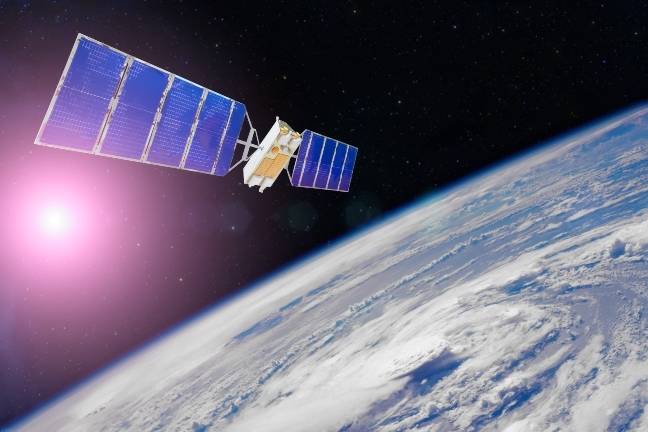
June 13, 2024 at 06:47PM
The Space Force’s request for $77 million to bolster GPS resilience is facing scrutiny in Congress. The Resilient GPS (R-GPS) project aims to enhance GPS signal strength with small satellites. The House Appropriations Committee questions the effectiveness of more satellites and M-code compatibility, leading to calls for a review of the entire concept. Additionally, concerns were raised about taxpayer expenditure and the need for a new global positioning alternative. This comes amid the Department of Defense’s wider budget proposal, including other GPS resiliency initiatives.
Based on the meeting notes, here are the key takeaways:
– The Space Force’s request for $77 million for the Resilient GPS (R-GPS) project is facing challenges in getting approval from the Congress, as the House Appropriations Committee is pulling it apart and scrutinizing the overall proposed budget for 2025 by the US Department of Defense.
– The R-GPS project involves proliferating a constellation of about 20 small satellites to make GPS more robust to spoofing, but the committee is not convinced that more satellites equate to more resilient GPS, especially considering the budget implications of $77 million for this year and an estimated $1 billion over five years.
– The committee is concerned about the effectiveness of the R-GPS concept in addressing GPS jamming threats and the lack of M-code GPS user equipment. They have questioned the worthiness of the R-GPS approach and have recommended a closer assessment of whether it is the best alternative to improve the resiliency of position, navigation, and timing services to support national security.
– The Director of Cost Assessment and Program Evaluation has been given 180 days from the passage of the DoD’s Defense Appropriations Act to provide a report assessing whether R-GPS is the best alternative for improving the resiliency of position, navigation, and timing services to support national security.
– The final version of the bill, with or without the Space Force’s $77 million R-GPS included, is not clear at this time. The 2025 budget request also includes other GPS resiliency work, such as anti-jamming tech development, equipment upgrades, and improved cybersecurity for ground units.